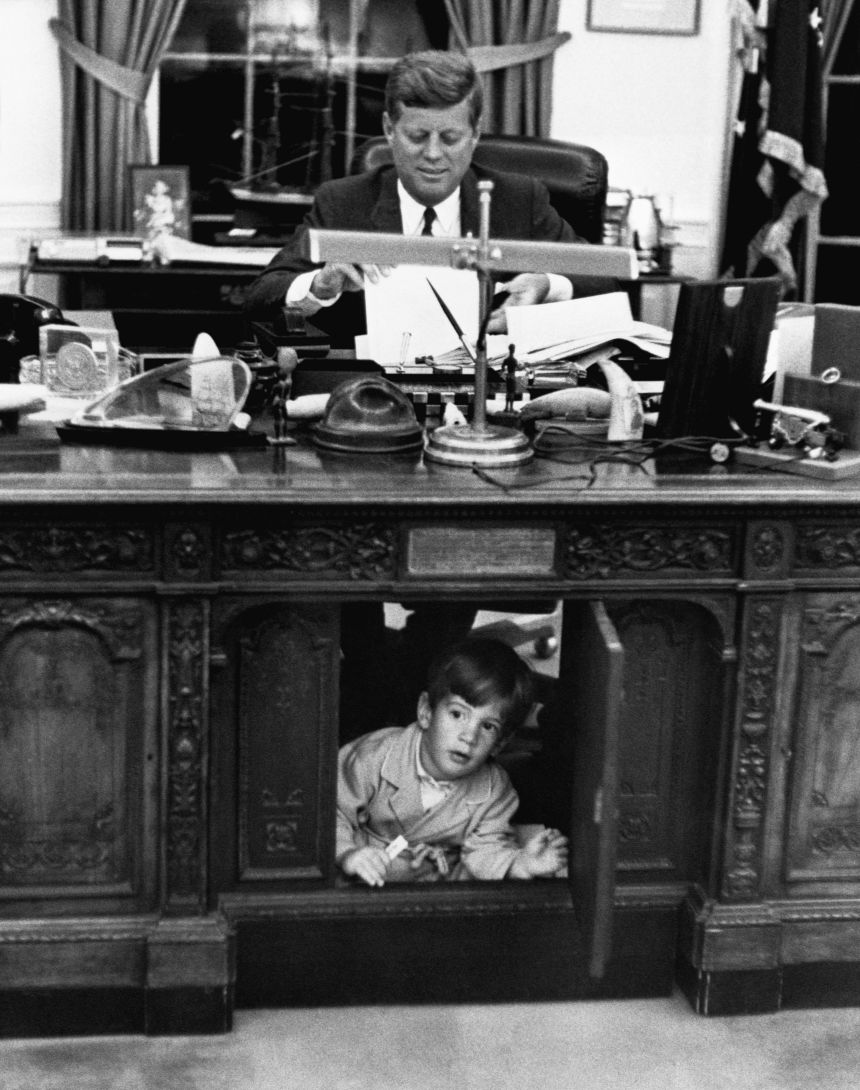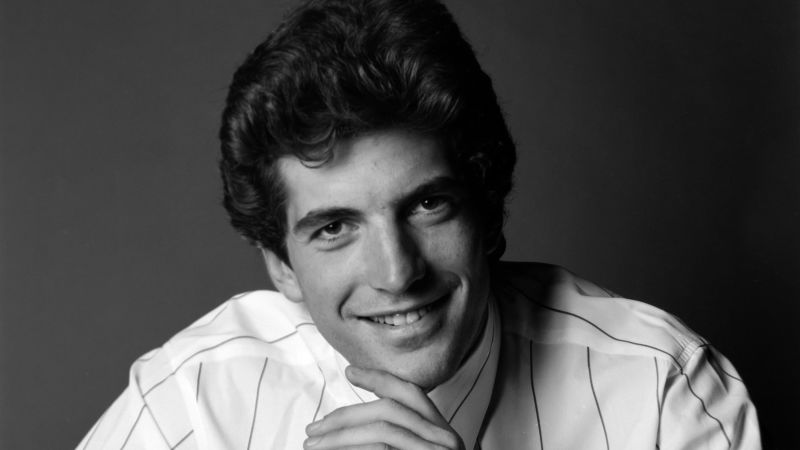EDITOR’S NOTE: Watch the three-part CNN Original Series “American Prince: JFK Jr.” premiering August 9 at 9 p.m, ET/PT and running the following two Saturday nights.
John F. Kennedy Jr. was born into the Kennedy political dynasty in the early 1960’s just after his father was elected president of the United States of America.
Now 26 years after his death, his life is embedded into politics and culture.
“JFK Jr. was harnessing his celebrity into something meaningful, and most people don’t bother to do that,” Tabitha Soren, a former MTV News correspondent, said.
Here are five things you should know about him from the upcoming CNN Original Series “American Prince: JFK Jr.”

Kennedy was the first son of President John F. Kennedy and Jacqueline Kennedy Onassis, born in 1960. His birth, just a few weeks after his father was elected as the 35th president of the United States, made the front page of every major newspaper.
Kennedy grew up in the spotlight, and everything from his professional choices to his dating life was the focus of tabloid fodder – including public relationships with actresses Sarah Jessica Parker and Daryl Hannah. Kennedy went on to marry Carolyn Bessette, an American fashion publicist, in the fall of 1996. The couple quietly wed in a ceremony off the coast of Georgia before settling into an apartment in Manhattan – but the couple remained under intense media scrutiny up through, and after, their deaths in 1999.
“You kind of grew up being this public figure even before you knew you were a public figure,” said Oprah Winfrey, during a broadcast with Kennedy.
Steve Gillon, a friend of Kennedy, said, “You have to realize that JFK came to power just as television was becoming the primary source for people getting their news.”
Even though the media affectionately referred to JFK Jr. as “John-John,” the nickname was exclusively used by the public and rarely, if ever, by his own family. The nickname, which was mistakenly given to him by a reporter who misheard his father repeating his name in succession, remains in the political zeitgeist.
“I promise you, his sister didn’t call him John-John, his mother, no one in his family, even like the extended cousin ever called him John-John,” said Carole Radziwill, a Kennedy family member.
Studies in the US and India
Kennedy studied American history at Brown University and graduated in 1983. Even though he tried to cast his celebrity aside, people flocked to his “JK factor,” a term Kennedy himself coined.
“There was always that kind of special, he got a little bit special treatment that the rest of us didn’t get,” recalled former Brown classmate and friend of Kennedy Gary Ginsberg. During his undergraduate studies, Kennedy balanced his familial obligations with his professional, including his campaign work for his uncle, Ted Kennedy, who was running for president.
Freshly graduated from Brown, a 23-year-old Kennedy went to India where he studied at the University of Delhi.
“He always said, you know, I don’t want to do what people expect me to do. He needed to do something that stood out,” said Gillon.
Gillon said Kennedy often sent letters in which he alluded to the future, and while in India, Kennedy thought about law school as a possible career step.
Kennedy earned his law degree from New York University Law in 1989, but he couldn’t escape the press during his time in law school or after. “There is an intense amount of scrutiny around what is John F. Kennedy Jr.’s thing going to be,” said CNN contributor and political historian Leah Wright Rigueur.
While fielding incessant questions about his political aspirations, Kennedy continued down the legal path and took the New York bar exam, which he failed twice. Front pages ran wild with headlines like “The Hunk Flunks,” but by the third try, he passed.
Perhaps Kennedy’s crowning professional legacy was the George, a glossy monthly magazine covering the intersection of politics, television, art and culture. Kennedy and his business partner, Michael J. Berman, worked with publisher Hachette Filipacchi Media US to launch the magazine in the fall of 1995. With magazines as powerful in driving conversation as social media is today, the George worked to turn people on to politics: “Politics is much too important to be left only to the politicians,” Kennedy said.
The provocative debut cover featured supermodel Cindy Crawford dressed as George Washington.
“George was a huge risk for John. Look, George was a risk for any person wanting to start a magazine,” said Lisa Depaulo, a journalist at George.
Even with the popularity of magazines, the emergence of figures like Rush Limbaugh and Bill Clinton created a space for political entertainment not yet seen. Kennedy’s fierce competitiveness and innate popularity worked in his favor. On its launch day, the magazine sold half a million copies, making it the most successful debut in magazine history.

